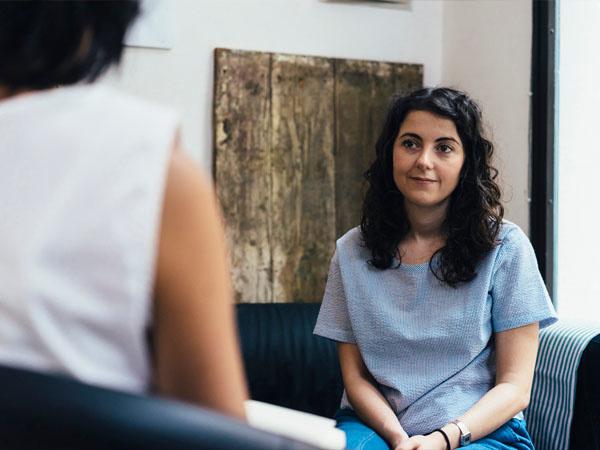With mental health worries rising alarmingly, it is natural to seek help from professionals to understand what is going on in one’s mind. There are still many misunderstandings regarding mental health and how a therapist can help in this situation. Once a decision is made that medical consultation is required, finding the right psychiatrist becomes the next priority. We got in touch with Dr Sonal Anand, Psychiatrist at Wockhardt Hospital, Mumbai, to better guide you on how to find the right therapist.

Image Credit: iStock
1. Do not give up on finding the right doctor
Sometimes the first psychiatrist you meet may turn out to be the best for you, and sometimes more attempts may be required. The key here is not giving up on finding the right doctor.
2. Family referrals may or may not work for you, be prepared

Image Credit: iStock
Choosing the right psychiatrist through a referral plays a major role. Your family physician could refer you to a psychiatrist that he or she knows well and could brief before you visit them. A family member or friend could also refer you to a therapist they have visited in the past. These are mostly trustworthy decisions but still, sometimes things might not go as you expected. What suits them might or might not suit you.
3. Travel distance matters
You must also think about the travelling distance. Is something closer better or going long distances to meet a very famous doctor? This answer can help you decide and choose.
4. Gender can also be a major criterion

Image Credit: iStock
Some people do prefer same-sex professionals in the hope of a better understanding which makes sense as some problems can be too personal and intimate to discuss with an opposite-gender professional.
5. Enquire about fee and specialty in advance
Going to a psychiatrist does mean adding to your expenses, so consultation fees should also be borne in mind as multiple visits are the norm. Tele-psychiatry and video consultation options must also be thought of and enquired about beforehand. It is also worthwhile to enquire if the psychiatrist has any special interest within the field. Some psychiatrists specialize in certain areas like child psychiatry or geriatric psychiatry. Finding a specialist psychiatrist may help in long-standing treatment for disorders.
6. Your therapist is not your friend

Image Credit: iStock
It is important that one must realise a therapist cannot have an overly sympathetic relationship with their patients in order to avoid bias and treat better. Hence one must not expect the doctor to agree or disagree with decisions made by the patients but expect to understand the feelings and emotions related to that situation.
7. Don’t expect miraculous results after your first consultation
Also, reviews on online search engines may not be genuine so one must be cautious as well. Go with an open attitude and keep in mind that one-time consultation cannot be enough to diagnose and treat. Don’t assume that the first consultation itself will treat everything or the first visit will work out everything. Though the first visit can tell if you are comfortable with the doctor and if you can have a good professional relationship.
Lead Image Credit: istock



